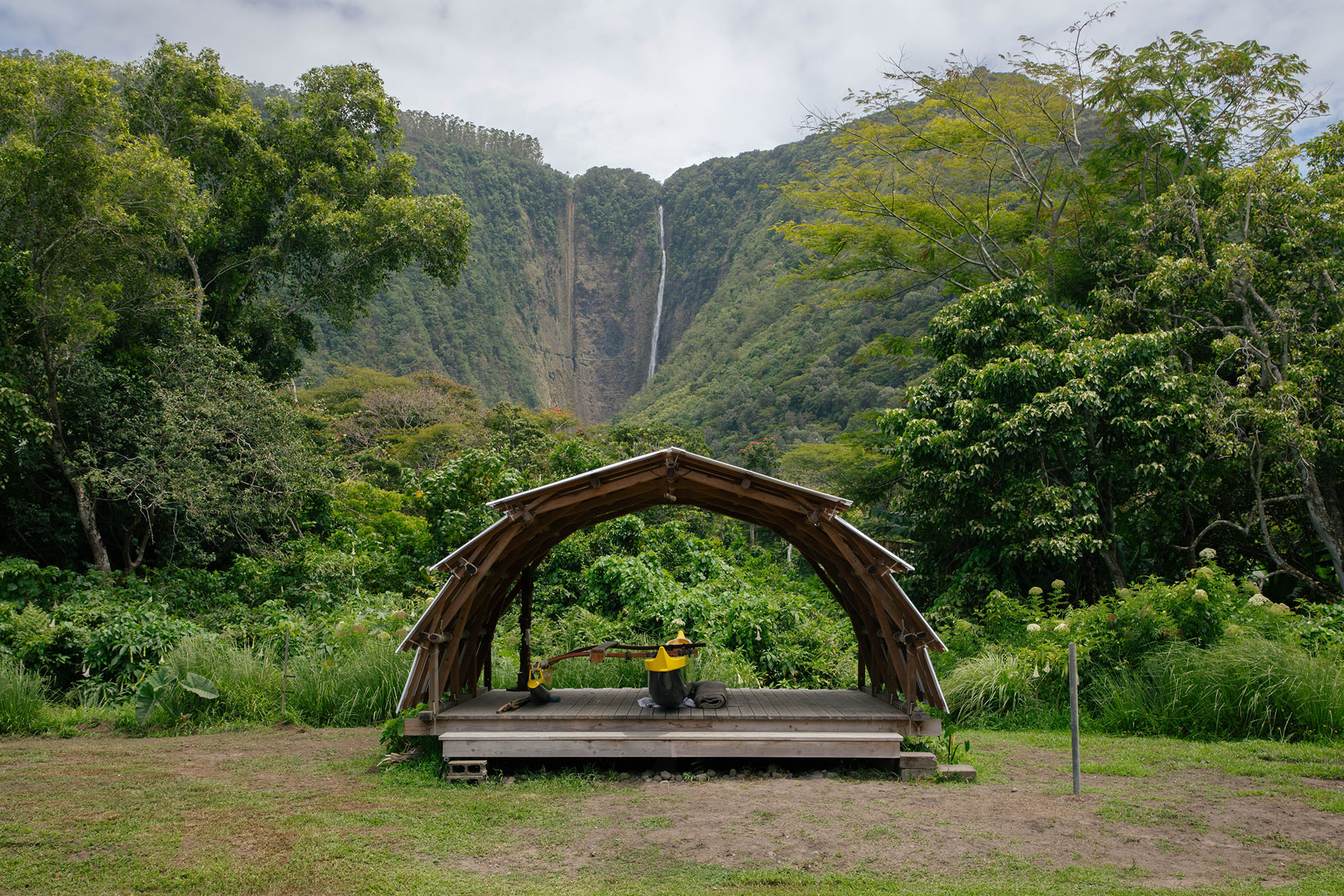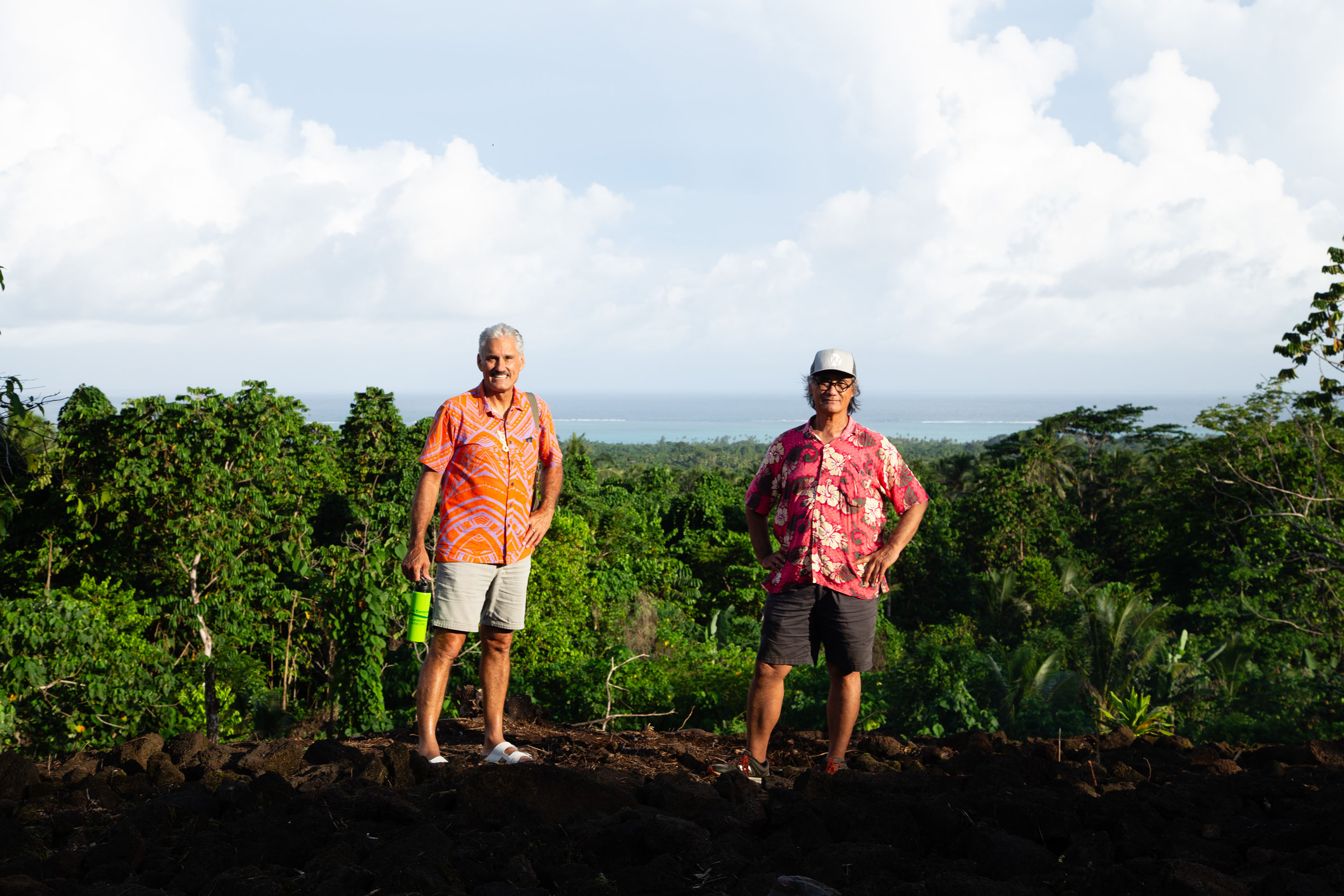.png)
.png)
Friday 28 February, AUT room WE606, 12—2.30, lunch provided
The Vā Moana Research Cluster in collaboration with the Global AI Narratives (GAIN) project at the Leverhulme Centre would like to invite you to a talanoa with Dr Alan Blackwell, Professor in the Computer Laboratory, Director of the Crucible network for research in interdisciplinary design and co-Director of Research for the University of Cambridge Global Challenges Initiative.
Artificial Intelligence (AI) has two sides. On one hand, AI is a set of engineering methods using algorithms and data. On the other, AI is a way of imagining what the future might be. These two sides are closely related, because AI inventors and policy makers work to create what they have imagined. We need to ask whether the imagination of Silicon Valley, or of Google and Facebook, is sufficient to determine all our futures. What place is there for the imagination of Maori and Pasifika people? Can the people of the Pacific, or anywhere in the Southern Hemisphere, offer alternative narratives of AI? What are the risks and benefits in the kind of AI that is being discussed in the media and delivered to us? Can we imagine how AI could be different? Is it possible that the definitions of “AI” being discussed in research, business and government might even be harmful to people and cultures that have not been invited to participate in those discussions? What reasons and opportunities are there for Pacific people to shape the future of AI, and how should those conversations themselves be shaped?
This discussion coincides with a visit to Aotearoa by Alan Blackwell, a New Zealander who trained as an AI engineer in Wellington in the 1980s. He is now Professor of Interdisciplinary Design at the University of Cambridge, where he works closely with many leading AI companies and researchers. As director of the Cambridge Global Challenges strategic research initiative, he is dedicated to promoting research that advances the Sustainable Development Goals in many areas of science and technology around the world. In 2019/2020, he is spending a year of research leave collaborating with AI researchers and entrepreneurs in low-income countries of sub-Saharan Africa to identify technology opportunities, and define school and university curriculum for the development of AI expertise appropriate to those countries.
This talanoa explores the productive intersection of Indigenous Moana knowledge production and traditions with emerging technological systems to see what conditions or potential might develop out of such an interface.
Useful provocations may be found in Adam Curtis’ film Hypernormalisation, as a view on AI that steps outside the conventional narratives, and offers some starting points for cultural interpretation.
Suggested extracts:
0:39:29 to 0:50:35 – https://youtu.be/fh2cDKyFdyU?t=2369
1:22:03 to 1:28:14 – https://youtu.be/fh2cDKyFdyU?t=4923
2:00:08 to 2:08:05 – https://youtu.be/fh2cDKyFdyU?t=7208
2:29:48 to 2:30:34 – https://youtu.be/fh2cDKyFdyU?t=8988
Please RSVP to Billie Lythberg at b.lythberg@auckland.ac.nz


